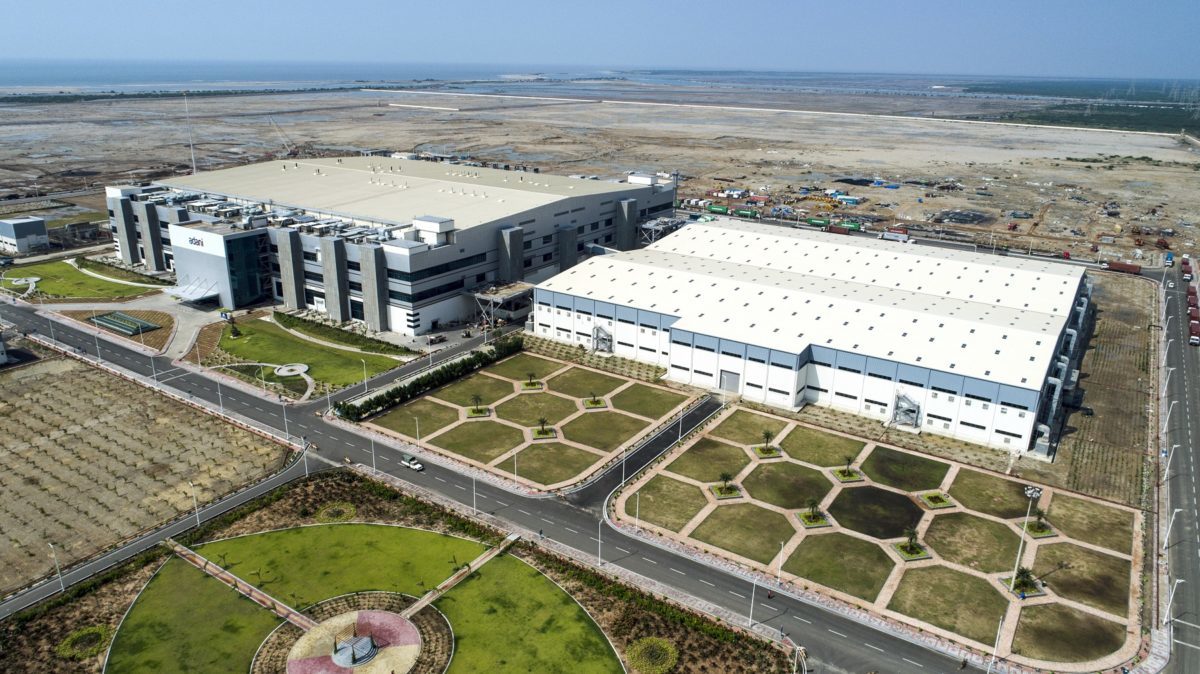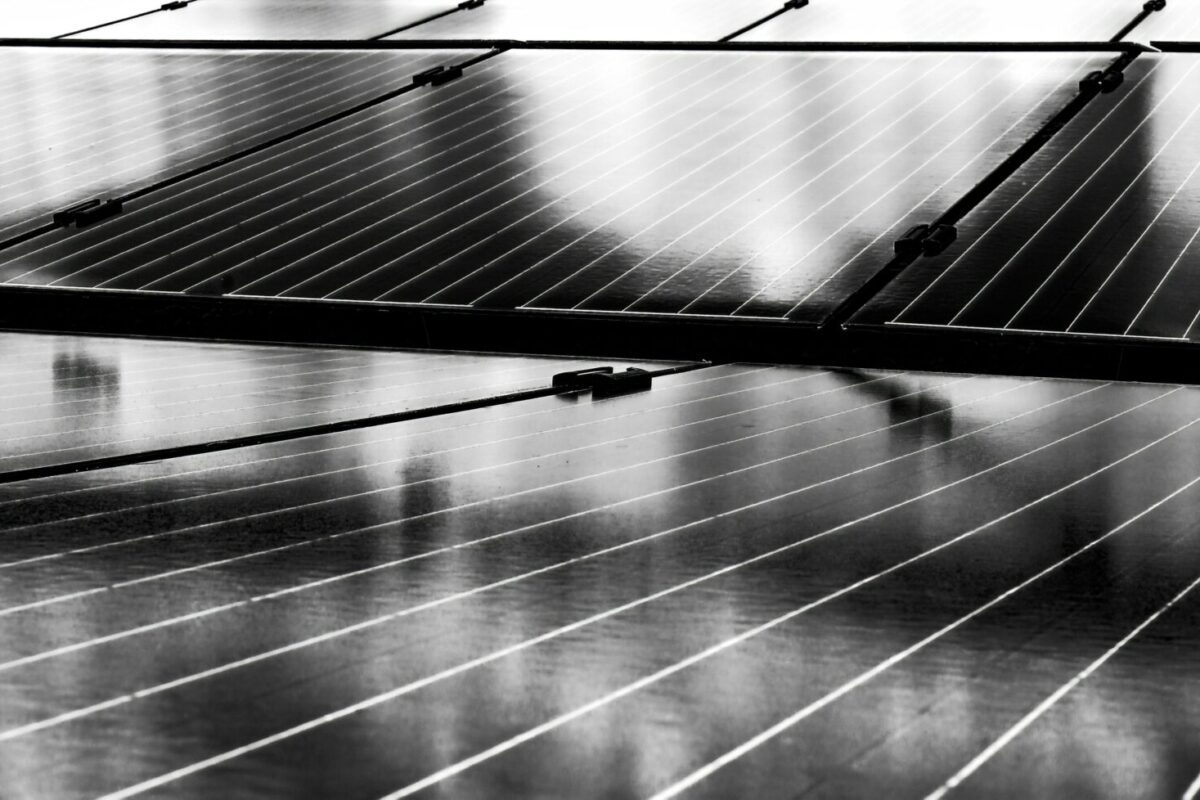From pv magazine India.
The Solar Energy Corporation of India (SECI) is refusing to give up on a tendering exercise originally intended to drive 5 GW of domestic PV manufacturing capacity by dangling the carrot of 10 GW of solar generation capacity.
Bids are now being invited for the selection of solar developers to set up 3 GW of interstate transmission system (ISTS) connected projects through competitive bidding.
With the capacity on offer trimmed by more than two-thirds, the total amount of solar manufacturing capacity successful bidders must commit to in India has been halved, to 1.5 GW.
The much-hyped ‘world’s biggest’ 10 GW tender, issued by SECI in May, initially mandated some 5 GW of manufacturing capacity linked to ISTS-connected solar projects with an aggregate capacity of 10 GW. Following a poor response, SECI reduced the manufacturing component to 3 GW, and the minimum project bid capacity from 1 GW to 600 MW.
Those tweaks still proved insufficient to drum up interest and, after six postponements, the tender finally attracted just one bidder, Azure Power. Allaying fears the tender would be scrapped as a result, SECI decided to forge ahead with the lone bidder but the Indian government last week opted to reject the tariff it received, citing dissatisfaction with the price.
Now it appears SECI is staging one more attempt to at least claw some capacity – generation and manufacturing – out of an exercise that has been dogged with problems since its inception.
This content is protected by copyright and may not be reused. If you want to cooperate with us and would like to reuse some of our content, please contact: editors@pv-magazine.com.




By submitting this form you agree to pv magazine using your data for the purposes of publishing your comment.
Your personal data will only be disclosed or otherwise transmitted to third parties for the purposes of spam filtering or if this is necessary for technical maintenance of the website. Any other transfer to third parties will not take place unless this is justified on the basis of applicable data protection regulations or if pv magazine is legally obliged to do so.
You may revoke this consent at any time with effect for the future, in which case your personal data will be deleted immediately. Otherwise, your data will be deleted if pv magazine has processed your request or the purpose of data storage is fulfilled.
Further information on data privacy can be found in our Data Protection Policy.